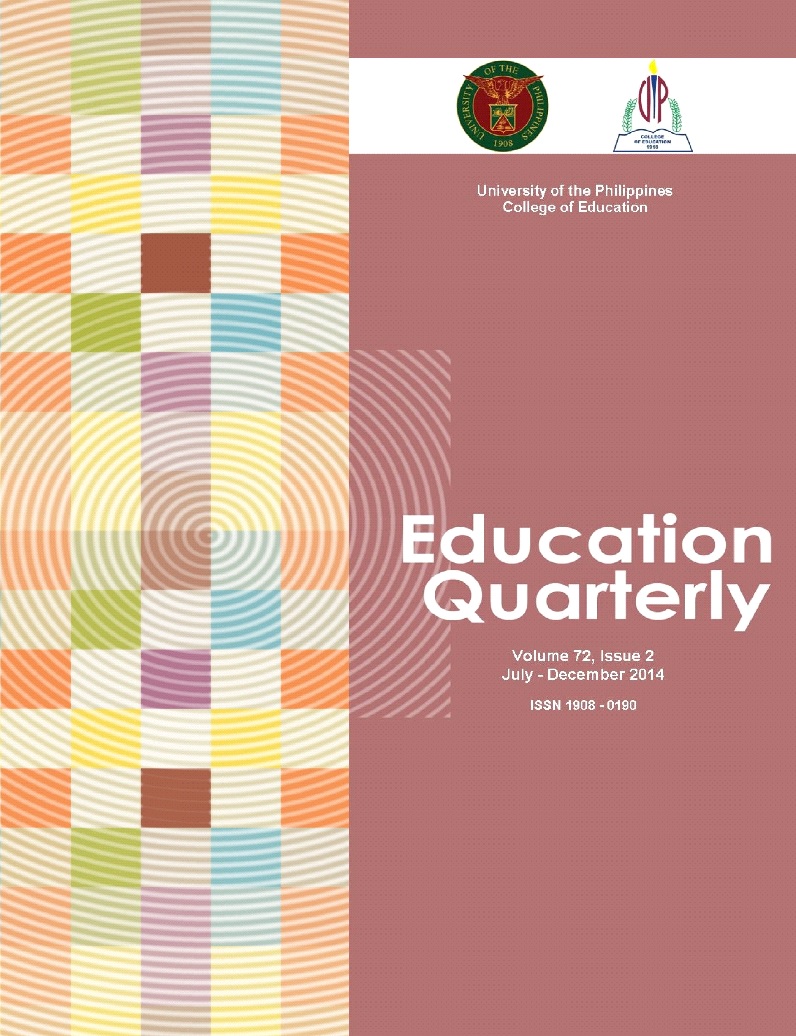Early Detection and Disability-Inclusive Early Childhood Education Towards Community Awareness and Empowerment
Abstract
This ethnographic case study sought to describe a community’s experience of a disability awareness and empowerment initiative to facilitate access to early intervention and disability-inclusive early childhood education. After one year of being a participant-observer, collecting data from 182 participants using ethnographic interviews, focus group discussions and participant observation, it was found that: (1) prevailing perceptions were mostly stereotypes of children with disabilities (CWD); (2) participation was hindered by the absence of programs, but promoted by parental acceptance and high expectations; (3) a multi-stakeholder process using a two-level screening process was most feasible and sustainable; (4) the potential for disability-inclusion in the day-care centers is significantly limited, but the Alternative Learning System (ALS) can be an avenue for access; and (5) engaging and empowering the community created a sense of urgency and accountability for CWD. Thematic analysis yielded three major themes: (1) high family expectations + unconditional acceptance = the success of CWD; (2) stereotyping + pity + ignorance = segregation and exclusion; and (3) community – apathy and indifference = engagement and empowerment. The emergent theory showed how perceptions influenced the inclusion of CWD in the community.
Section
Articles
Keywords
Early intervention, community empowerment, inclusive education


